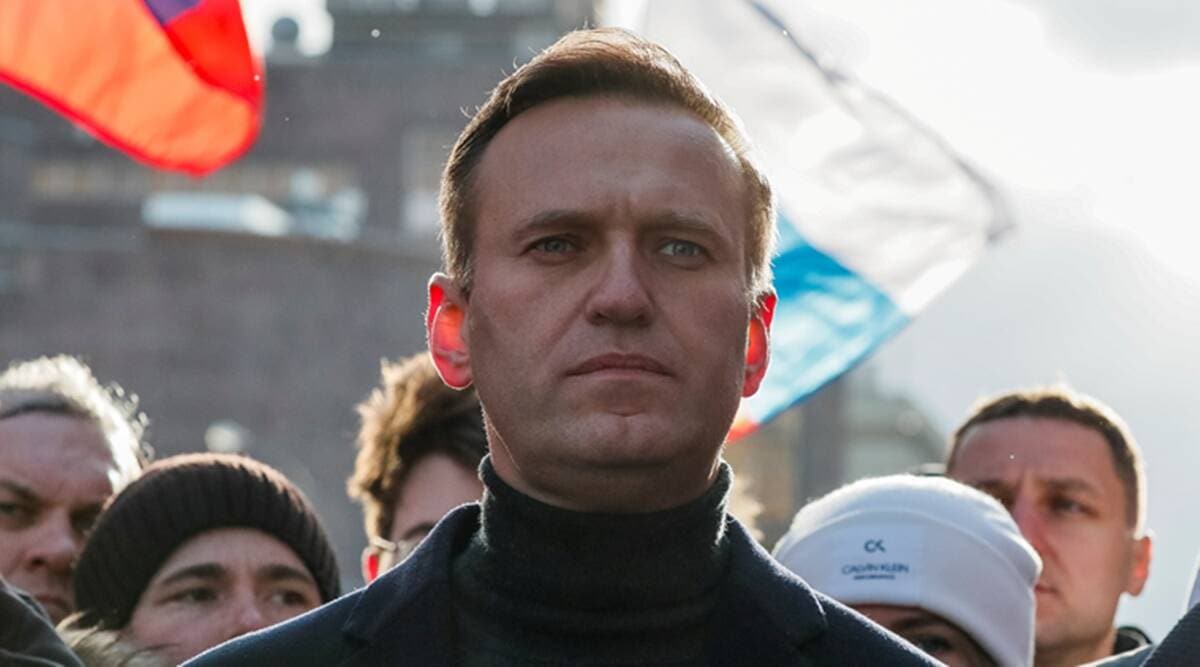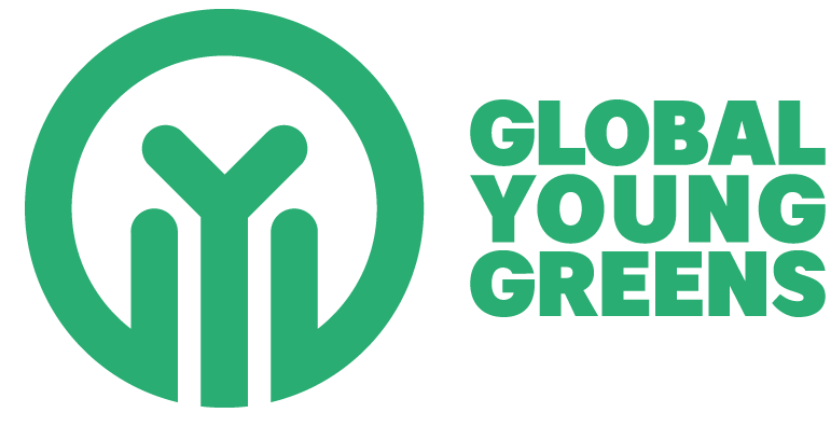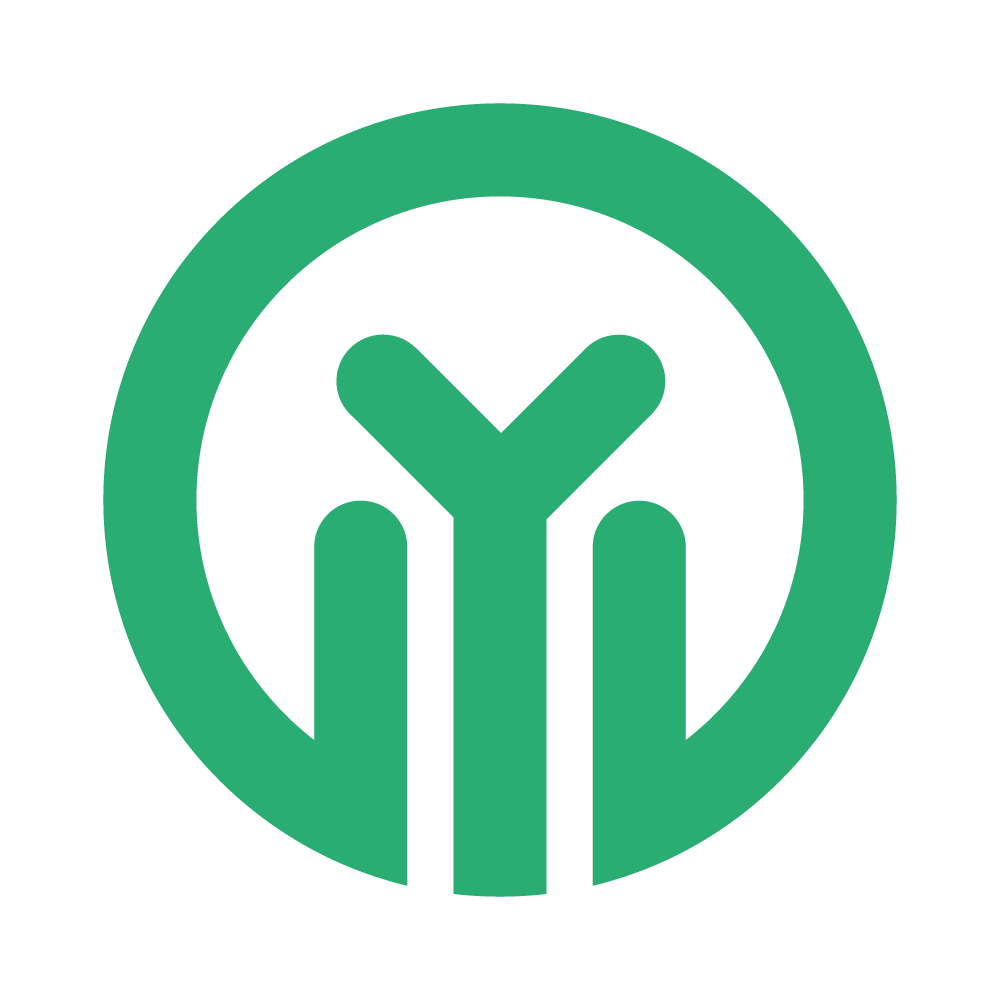Alexey Navalny is a leader and a symbol of Russian opposition. The Wall Street Journal described him as “the man Vladimir Putin fears most”. In fact, Putin avoids directly referring to Alexey by name in his interviews.
Navalny started his activism in 2000 by joining the party “Yabloko”. For 7 years, he was working in various positions at the party. However, he left it in 2007 because of the divergence of views on Yabloko’s future. Navalny became famous as a blogger, who shows examples of corruption in the top-level of Russian society the most known projects are Rospil and the film “He is not Demon to you”, in which he explained how the prime minister and other authorities are draining money out of the country. Also, Alexey Navalny organizes anti-governmental street actions.

As soon as Navalny started being a popular politician in a society, openly speaking about corruption and fighting it, he became an enemy of Putin and his regime. That is why he was arrested several times and had 2 suspended sentences for embezzlement in July 2013 and December 2014. The European Court of Human Rights ruled that the cases violated Navalny’s right to a fair trial, but they were never overturned. Each day, he is under the pressure of the police, which is the common experience of the opposition in Russia. Even more, there is a tradition coming from the Soviet Union times to remove political opponents physically. The last renown case is Boris Nemtsov, who was shot in Moscow in 2015. Thus, Navalny is in a grave danger of the potential assassination attempts from the regime.
Three years ago, in Salisbury, there was the first case of chemical weapon use. According to the number of investigations, Sergei and Yuliya Skripal were poisoned by two agents of the Russian internal security service with the chemical weapon “Novichok”. This nerve agent was created in Russia by passing the Chemical Weapons Convention signed by Russia before. Two years later, on the 20th of August 2020, Navalny was completing an investigation of the fact of corruption in Novosibirsk and Tomsk. On the way back to Moscow, he collapsed right on the board of the aircraft, so the crew landed it in Omsk. Ambulance in Omsk immediately used an antidote, which, based on German medical workers’ opinions, saved Navalny’s life and brought him to the hospital. Local authorities kept him in the hospital for two more days, not letting the German medics transport him to Germany for complex help. These two days should have been enough for the poison’s dissolving. However, even after this period, European labs found post-products of novichok in Navalny’s blood.
In October, the medical journal “The Lancet” published an article describing the process of a Novichok’s victim recovery. This article contained information on the date when Navalny left the hospital for a post-coma therapy continuation.
Russian Federal Penitentiary Service treated this information subjectively and brought charges for Navalny, for breaking a suspended sentence rule. As Navalny said in all his post-poisoning interviews, a moment of coming back to Russia was never a real question to think about for him. For this, we see two main reasons. First is related to his brother, Oleg Navalny, who spent three and a half years in jail. It is clear, as Oleg was “punished” by the Russian government for Navalny’s oppositional political activism, the situation where Navalny would not go back to Russia would have vanished all the suffering Oleg went through.
Second, Navalny is the most famous leader of Russian political opposition who has already initiated plenty of remarkable street actions across Russia; not going back would have cancelled all the progress he made for Russian opposition, public mobilization, and general awareness. So, understanding these two aspects, Navalny has not even taken this decision but just came back, as there was no choice: “They are doing everything to scare me. But what they are doing there is not of much interest to me. Russia is my country, Moscow is my city, I miss them.”
Alexey Navalny returned to Moscow on Jan 17 and got arrested immediately. An interesting fact is that his plane needed to land in the Vnukovo airport, where Navalny’s supporters were welcoming him. 53 people were arrested, but the plane landed in Sheremetyevo airport. Alexey was tried in a Khimki police precinct (near Moscow). On Jan 18th, a judge placed him under arrest for 30 days.
There has been broad international condemnation this morning following the arrest of Alexei Navalny in Russia. @RichardEngel has the story. pic.twitter.com/9g3RltT2Xs
— TODAY (@TODAYshow) January 18, 2021
It is symbolic that on Jan 19th, he should have a speech in the PACE on Legal Affairs and Human Rights, which never happened. The hearing of Navalny’s case for Jan 29. Alexey may be jailed for 3,5 years.
On 19 Jan, Navalny published a video “Putin’s Palace”, where he showed how and for which money Putin lives. That was brave, but the question is open how Putin will respond.
Summing up, Navalny has become a political victim of a corrupt system he has been exposing for years, and the attempted murder on him makes clear that the system is afraid of him. It is obvious Alexey Navalny might be in greater danger than ever before, therefore he needs to be ready to preserve his own life from a greater danger.
The place of opposition is not in prison and we as Global Young Greens stand in solidarity with Navalny and other political prisoners across the globe.
In the case of Navalny, we demand from the Russian Federation for an immediate release of Navalny and dropping the charges against him. Also, we ask the International society to pay attention to this situation, share it as much as possible, and show your solidarity to Navalny in the most appropriate way.
The attempted murder on him which probably is orchasitiad by Kremlin makes it noticeably clear that system is very afraid of him, who knows maybe the same people whose plan to silent him in last August failed, will perhaps orchaste another conspiracy to silent this political leader in prison.

